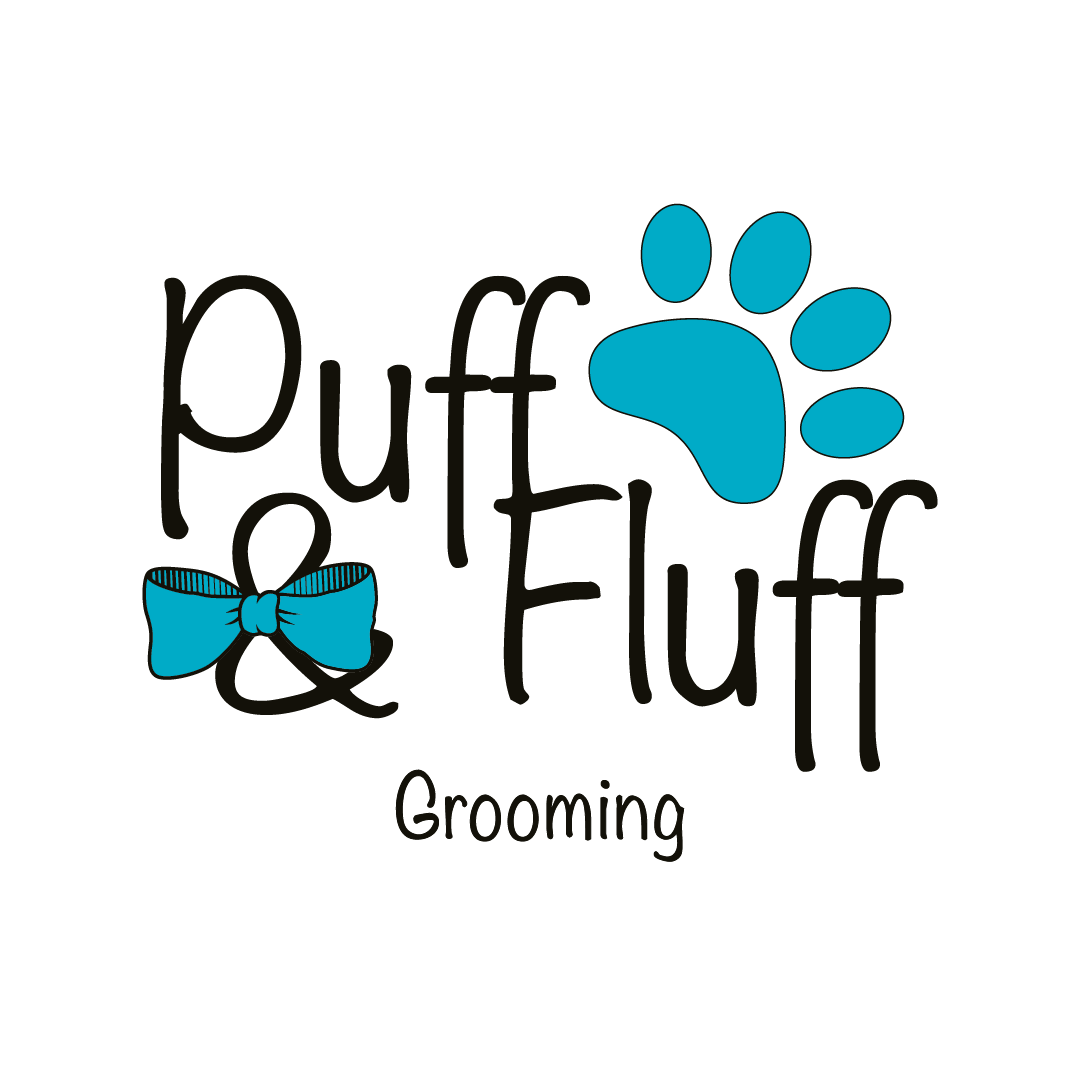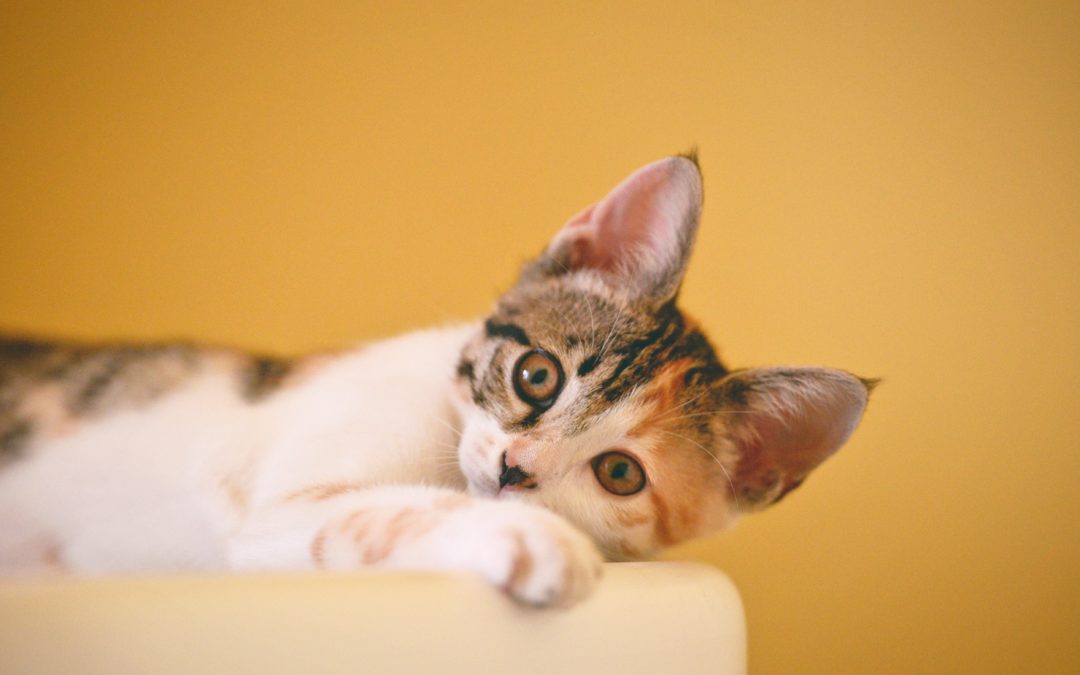Did you know that February is quite the popular month in terms of pet holidays? In fact, not only is February National Cat Health Month, it’s also Spay/Neuter Awareness Month, Responsible Pet Owners Month, and Pet Dental Health Month. Owning a pet is extremely fun and rewarding but it also requires a lot of patience and a fair amount of money to keep them happy and healthy. For the sake of keeping your canine’s canines healthy, this post will focus on pet dental health. Your pet’s tooth and gum health should not be overlooked– in fact, looking at those treat-chompers can give you a lot of information about your pet’s overall health.
More than 80% of all pets have periodontal diseases by the time they reach the age of 3. Some breeds are more susceptible to dental issues than others so it’s important to be aware of that; if you’re unsure, talk to your veterinarian about your pet’s specific risks.
According to the American Veterinary Medical Association, your pet’s teeth should be checked at least once a year by your veterinarian. Of course, you should have your pet’s teeth looked at sooner if you see any signs of decay which may include missing teeth, discolored teeth, bleeding, swelling, etc. Need help spotting the signs? No pawblem! Here are some helpful tips:
- A brownish-gold substance near the gum line may suggest tartar build up.
- Bleeding or redness in the gum line may be a sign of gingivitis.
- Bad breath, excessive drooling, difficulty in eating, pawing at the mouth or face, and missing or misaligned teeth are also indicators of an underlying issue.
Ultimately, the key is to avoid dental issues altogether! It’s important to start caring for your pet’s teeth from a young age. Daily brushing using special toothpaste made for pets is the best way to combat dental diseases. Get your pet used to brushing from an early age so that they become comfortable with it. Some may even enjoy it! There are also a variety of great chew toys and treats designed to help your pet clean their own teeth.
Did you know that the right diet can also help to avoid dental problems too? In fact, for cats, it’s good to give them a combination of wet and dry food. However, dogs should be given dry food as soft food can more easily stick to their teeth, causing unwanted decay. Of course, if you choose to give your dog wet food, or a combination of both, just be sure to keep up with their dental care on a regular basis.
Looking to get your pet’s teeth cleaned by a purrfessional? At Puff & Fluff, we offer No-Anesthesia Teeth Cleaning events throughout the year. The cleanings are performed by a veterinarian and include a vet check– all at the fraction of the cost you’d pay at a pet hospital! Check out our website or give us a call to find out when the next event is– we’d love to restore your pet’s pearly whites!

